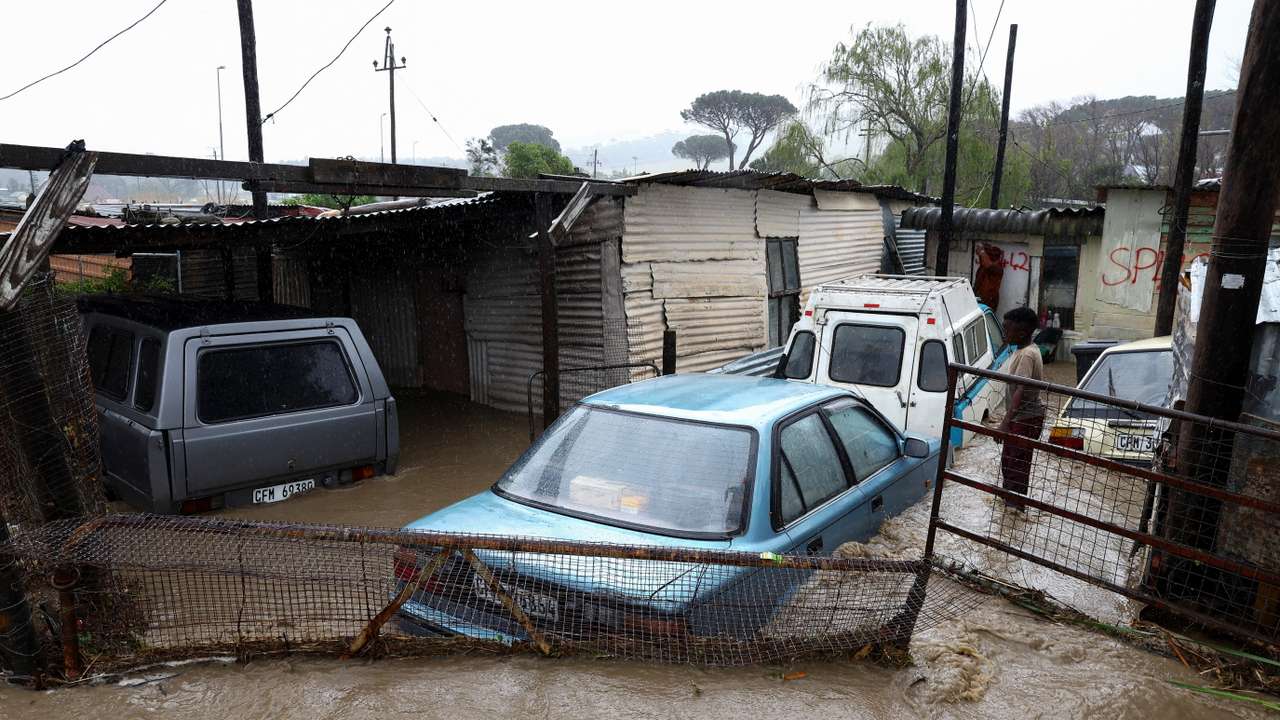South Africa Roundup: Flooding support, introduction of satellite service, road network repairs

Satellite internet service
The pursuit of innovative technology and infrastructure development remains a pivotal focus in South Africa's socio-economic landscape. Recently, Elon Musk announced that Starlink is awaiting regulatory approval to commence its satellite internet service in South Africa. Drive Tesla reports that the Independent Communications Authority of South Africa (ICASA) has noted that no formal application has been registered by SpaceX. Starlink aims to provide high-speed internet to underserved rural areas, drawing on its operational presence in nearby countries. With operational compliance dependent on obtaining two critical licenses from ICASA and adhering to Black Economic Empowerment regulations, including local ownership stipulations, the service's current installation is considered illegal by ICASA. There is, however, a notable uptake among South African users utilising Starlink's roaming services, despite the risks involved with unlicensed operations.
Ownership transparency
The Financial Intelligence Centre has reduced the threshold for identifying Ultimate Beneficial Ownership (UBO) from 25% to 5%, as detailed in Public Compliance Communication 59 (PCC59). This amendment addresses sophisticated ownership concealment tactics employed by criminals, particularly in tender corruption cases often linked to shell companies, Tech Financials reports. The regulation syncs with the Companies and Intellectual Property Commission's Beneficial Ownership Register, demanding detailed business disclosures while promising to leverage technological solutions for streamlined compliance. Given South Africa's greylisting by the Financial Action Task Force, non-compliance harbours considerable risks. The anticipated improvement in ownership transparency is expected to yield benefits for the general populace by mitigating corruption and fostering equitable competition. This cultural pivot towards integrity in financial operations could attract foreign investment, necessitating collaboration among businesses, regulators, and tech providers for effective change implementation.
EU supports S.A's hydrogen project
In the realm of sustainable energy, the European Union has committed approximately €32 million in grants to bolster green hydrogen value chains in South Africa. This funding, inclusive of a €25 million grant aimed at catalysing R10 billion in private and public finance, seeks to boost hydrogen production, transportation, and storage capabilities, ultimately contributing to job creation and greenhouse gas emission reductions. An additional grant of about €6.9 million will support Transnet’s green hydrogen initiatives, particularly in research and pilot projects regarding low-carbon hydrogen production. This strategic move aligns with the EU's Global Gateway strategy, envisaging Southern Africa as a burgeoning market for green fuels, Offshore Energy reports.
National road network repair
Infrastructure development is equally pressing, with South Africa's National Roads Agency reporting a need for R307 billion ($17.2 billion) to repair and enhance the national road network. This financial requirement emerges amidst pressing infrastructure upgrades in ports and electricity systems, tied to the deployment of design and construction work across 1,437 projects. Compounding this demand are delays attributed to contractor bankruptcies and organised crime, Financial Post reports. The agency’s management of a modest 70% of the country’s long-distance freight underscores the urgency of investments in both road and state-owned enterprises, such as Eskom and Transnet, advocating for improved governance to enhance project execution.
Flooding support
Lastly, amid severe weather conditions, Episcopal Relief & Development is collaborating with HOPE Africa to render immediate assistance to families in the Western Cape affected by flooding and high winds. With 15,000 structures damaged and 4,500 individuals displaced from their homes, the partnership aims to provide crucial emergency support, including blankets and sandbags. It also seeks to advocate for social housing and improved living conditions from governmental bodies, with local churches actively participating in outreach efforts, PRWeb reports. Contributions to the International Disaster Fund will significantly bolster ongoing emergency relief and sustainable recovery efforts to assist impacted communities.